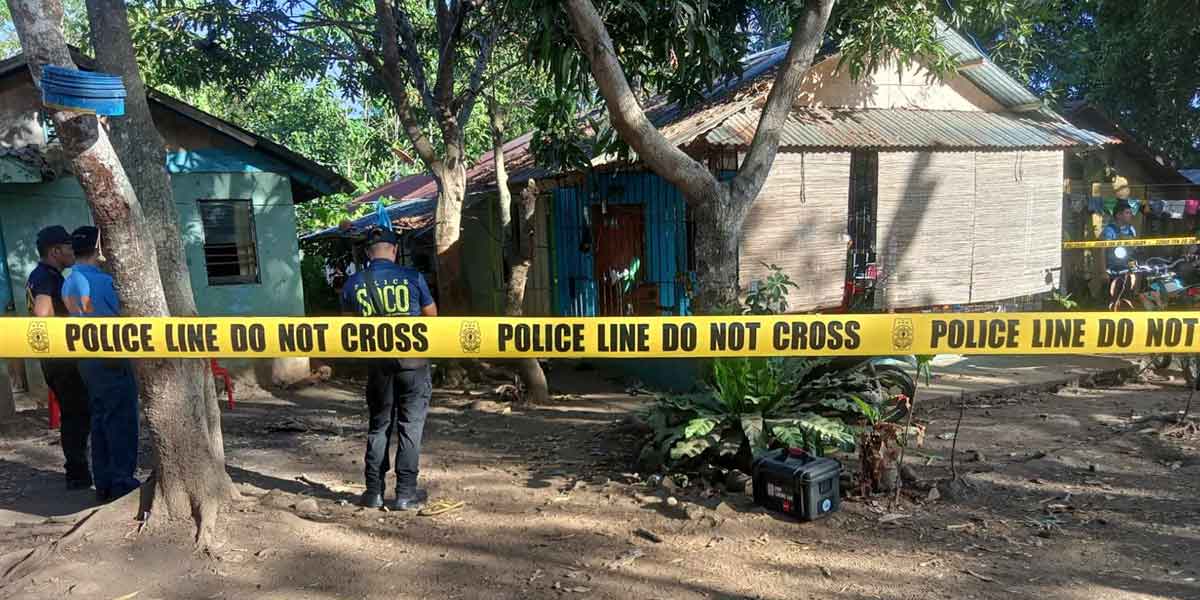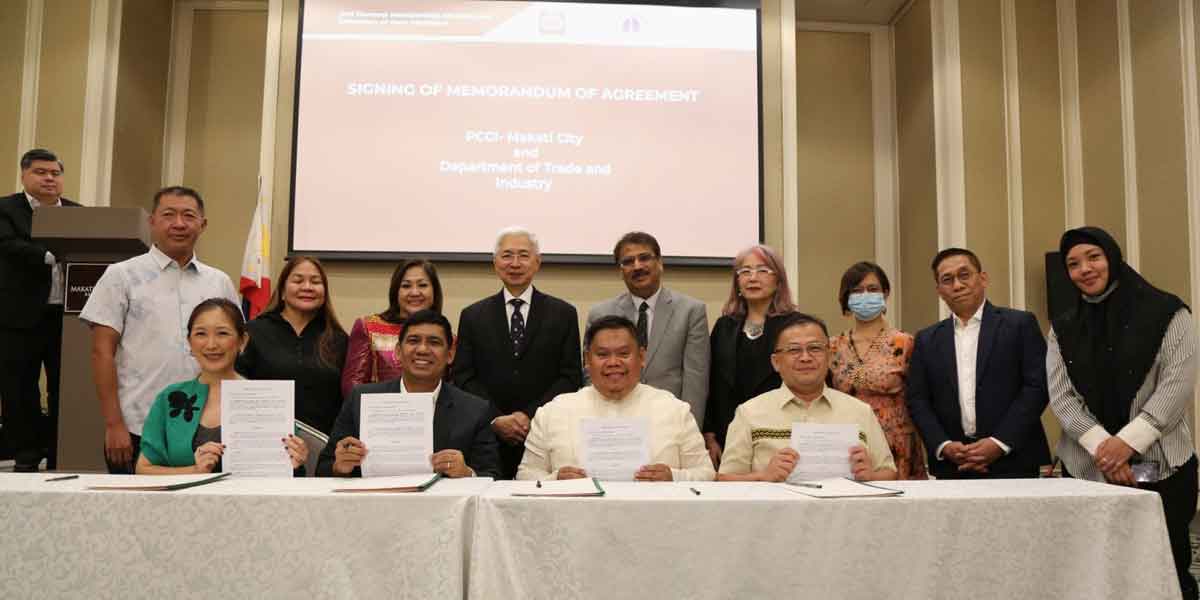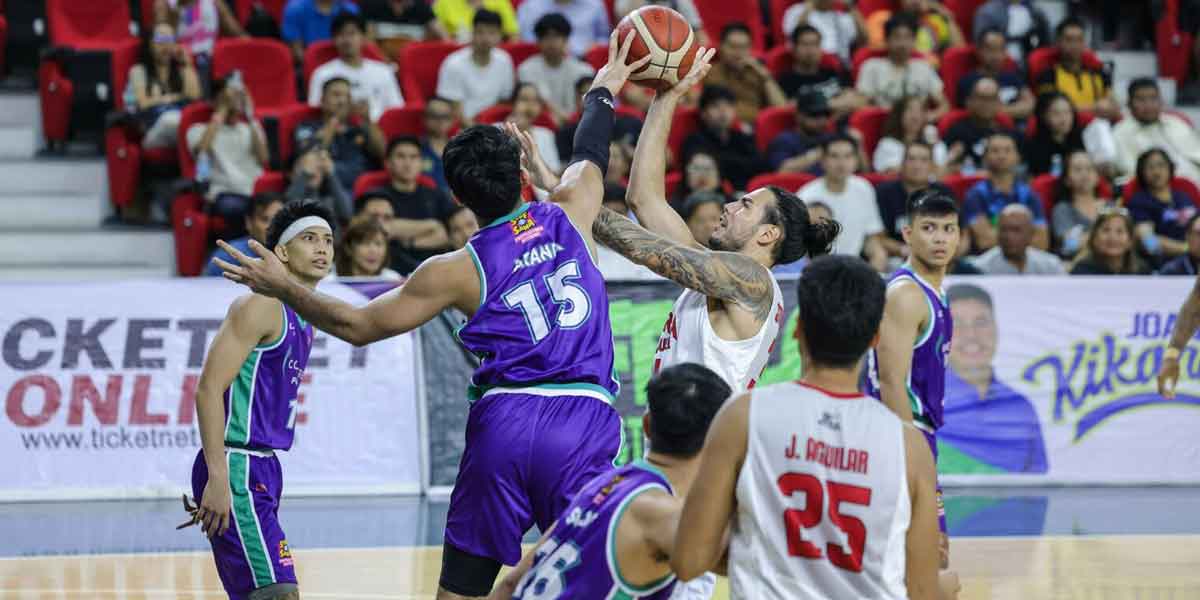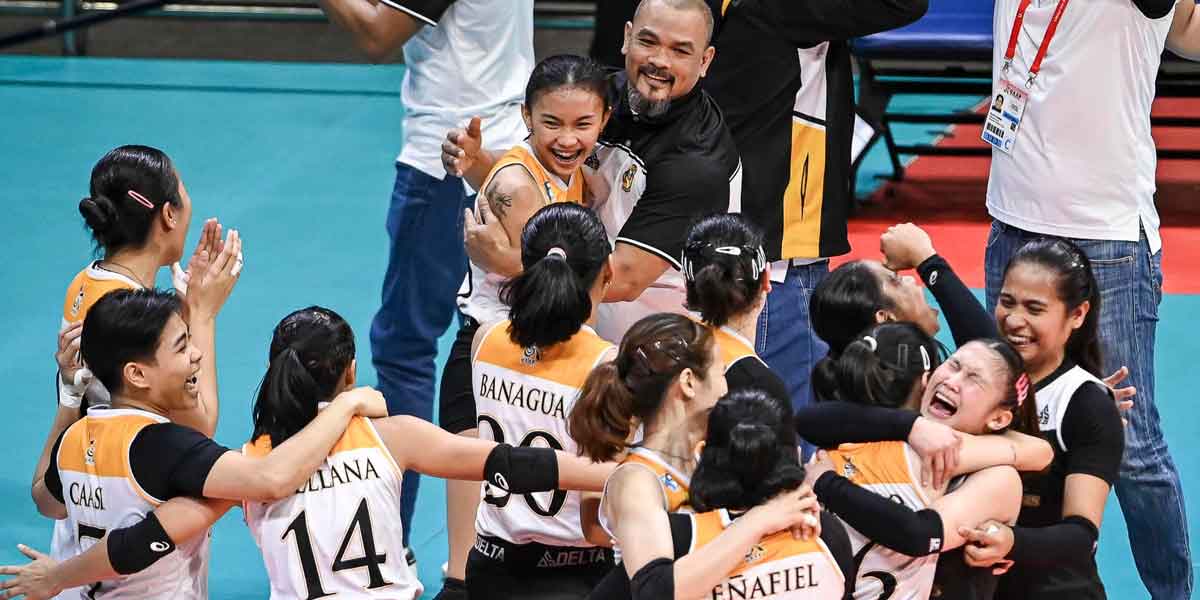By: Jennifer P. Rendon
DIFFERENT strokes for different folks.
The Philippine Army believes that localized peace talks will boost the government’s anti-insurgency campaign.
This tactic spelled a difference in the decommissioning of 310 members of the Revolutionary Proletarian Army-Alex Boncayao Brigade (RPA-ABB), a breakaway faction of the rebel movement.
The 310 RPA-ABB rebels represent 100 percent of all the group’s known members in Western Visayas, as manifested by Veronica Tabara, wife of deceased RPA-ABB leader Arturo Tabara.
“This is a classic example that localized peace talks are better than centralized peace negotiations,” said Captain Cenon Pancito III, spokesperson of the Philippine Army’s 3rd Infantry Brigade.
Through localized peace talks, group leaders could discuss issues affecting their localities.
From them, “we could mutually agree on how to address these issues better,” Pancito said.
The ceremonial decommissioning of the 310 RPA-ABB rebels is tentatively scheduled on Sept 19, 2019, with no less than President Rodrigo Duterte as the guest of honor and speaker.
Originally, the decommissioning was scheduled on September 16 but was moved to accommodate Duterte’s schedule.
“This is a milestone on our anti-insurgency campaign. We believed that this is the first decommissioning of this magnitude in the whole country,” Pancito said.
The event, he added, is a breakthrough in the government’s peace campaign that manifests its sincerity of helping those who took the wrong path but chose to go back to the fold of the law.
Most of the 310 rebels are from Negros Occidental.
35 (30 members and 5 reserve) are from Bago City, Cauayan, and Cadiz City; 32 from Kabankalan City; and 70 from San Carlos City.
The rest are from Tanjay, Negros Oriental and Ibajay, Aklan.
In Iloilo, the 33 RPA-ABB rebels are based in Maasin, Iloilo.
The decommissioning also includes the demilitarization of their firearms – 131 long firearms and 140 short firearms.
Pancito added that the Office of the Presidential Adviser on the Peace Process (OPAPP) will provide P580 million worth of livelihood and special protection assistance as part of its efforts to achieve inclusive and sustainable peace.
These assistance packages include social protection programs, capacity development, livelihood and employment assistance, housing assistance and financial aid to former combatants.
DECOMMISSIONING PROCESS
The 310 rebels came from eight peace development community (PDC) sites in Western Visayas. They already gathered at the 3ID headquarters in Camp Macario Peralta in Jamindan, Capiz on Sept. 8, 2019 for the start of the decommissioning process.
“With the bold move of the RPA-ABB to make true to its promise to surrender their firearms and took full allegiance with the government, we are seeing that the just and lasting peace in Negros and Panay is within reach. They are now our partners in building a more progressive and developed Region 6,” said Major General Dinoh Dolina, 3ID commander.
As part of their decommissioning process, these former rebels will be in the 3ID headquarters for two months to undergo training that shall confirm with the military standard.
They will be given issued firearms to become Special Civilian Active as another component in the peace and security operations in their respective localities.
Pancito said they would still be under the command of the Army’s CAFGU Battalion.
The Revolutionary Proletarian Army was the military wing of the Rebolusyonaryong Parrish Manggagawa ng Pilipinas, a communist party that split from Communist Party of the Philippines (CPP).
The RPA-ABB, currently known as Kapatiran para sa Progresibong Panlipunan, signed a peace agreement with the government in 2000.
“Though it took almost two decades for it to be realized, finally, it’s been proven that peace is not just an elusive dream but an achievable vision which can be attained through localized peace talks,” Pancito said.
Decommissioning is one of the five components of Clarificatory Implementing Document (CID) to the 2000 Peace Agreement, formulated in consultation with the Rebolusyonaryong Partido ng Manggagawa ng Pilipinas-Revolutionary Proletarian Army – Alex Boncayao Brigade and Kapatiran para sa Progresibong Lipunan (RPMP/RPA/ABB-TPG/KAPATIRAN).
The CID was agreed upon by various national government agencies.
DENOUNCING CPP-NPA
KAPATIRAN is composed of members of the former rebel group which separated from the CPP-NPA in 1996 after denouncing Jose Maria Sison’s violent and bloody ideology. The group entered peace negotiations in 1999 and signed a peace agreement in 2000.
On March 26, a dialogue with the group was initiated by 3ID in the presence of Presidential Peace Adviser Carlito G. Glavez Jr., where the members of the group committed to fulfill the components of the CID specifically the disposition of firearms and forces.
During the dialogue, Veronica Tabara, Chairperson of the KAPATIRAN, ensured the full transformation of her members and gave assurance to continue to help the people and the government in attaining genuine peace in their communities.
Meanwhile, Dolina appealed to the leaders of the other local communist groups in the region to take a cue from the RPA-ABB of talking to their government so that valid issues will be resolved in peaceful ways.
“It has been proven that armed struggle is not the answer to your causes. Denounce your national leaders for they only feed you nothing but misery and poverty while they are living a lavish lifestyle in the cities,” he said.
Dolina encouraged other rebel groups to lay down their arms, return to the folds of law, talk to the government and be the government’s partners in drawing a common solution of ending violence that affects every Filipino people.”



















